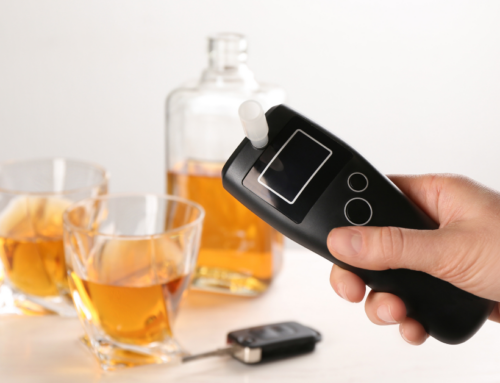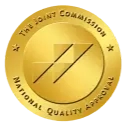
Anticipatory grief is the emotional distress that people may experience when they anticipate the death of a loved one. This type of grief can be overwhelming and may lead to depression, anxiety, or substance abuse.
In this post, we will take a look at how anticipatory grief can lead to an increased risk for alcoholism.
What is Anticipatory Grief?
Anticipatory grief is a type of bereavement that occurs before someone has passed away. It involves experiencing intense emotions related to the impending loss such as sadness, guilt, loneliness, and fear.
Anticipatory grief can affect anyone who knows that someone close to them is going to die soon from a terminal illness or other cause. It often lasts longer than traditional grief because it starts before someone dies and continues even after their death. It can often lead to negative behaviors such as alcoholic tendencies or drug abuse tendencies.
How Does Anticipatory Grief Lead to Alcoholism?
Individuals experiencing anticipatory grief may turn to alcohol as a way to self-medicate, potentially worsening symptoms of alcoholism.
The feelings associated with anticipatory grief, such as sadness and fear, can be overwhelming and difficult to cope with without seeking outside help. Alcohol can provide temporary relief from these emotions by numbing the pain or providing a distraction from reality.
Unfortunately, this kind of self-medication often leads to physical dependence on alcohol which can become problematic over time if not addressed properly.
Alcoholism is also linked to anticipatory grief because it is often seen as a way for people to feel closer to their loved ones who are dying or have died. For example, some people may drink in honor of their deceased loved ones or use alcohol as an escape from their pain and sadness during difficult times.
This kind of self-destructive behavior can quickly spiral out of control if left unchecked and contribute to further emotional distress and mental health issues down the line.
The Importance of Seeking Help for Anticipatory Grief
Seeking help is highly important for individuals dealing with the emotional burden of anticipatory grief, in addition to alcoholic tendencies. It is essential to seek professional assistance to develop appropriate coping mechanisms and techniques to manage these feelings.
Fortunately, several options, such as therapy, counseling services, and support groups, can be tailored to meet each person’s specific needs.
These programs are designed to assist participants in the development of positive coping skills. In turn, this will improve their emotional well-being, ensuring that they receive the best possible care during their recovery journey.
Talking to a therapist or counselor can help individuals better understand their emotions and find healthy ways to cope with their grief. In contrast, turning to alcohol or other substances may provide temporary relief but can lead to physical dependence and other problems in the long run.
Joining support groups can also benefit individuals as they provide a safe space where people can share their experiences and learn from others in similar situations. By joining a community of people who understand what they’re going through, individuals can feel less isolated and more supported.
The Role of Family and Friends in Supporting Those with Anticipatory Grief
When dealing with anticipatory grief, family and friends can play a crucial role in supporting individuals through this difficult time.
Emotional support from loved ones can make all the difference, whether by simply being present, listening to their concerns, or showing empathy for what they’re going through.
Family and friends must understand that everyone grieves in their own way. Hence, patience, empathy, and nonjudgmental attitudes are key to providing effective support.
Seek Help for Anticipatory Grief at Atlanta Detox Center
Dealing with the imminent death of a loved one can be overwhelming, especially when the loss includes a battle with alcoholic tendencies. Anticipatory sorrow can be challenging to manage, and seeking professional assistance can help develop effective coping techniques.
At Atlanta Detox Center, we offer a range of programs and services to support those dealing with anticipatory grief and substance abuse issues.
If you or someone you know is struggling with anticipatory grief, please contact us at contact@diamondrecovery.com or give us a call at 470.450.2355.
Our team of professionals can help you better understand your feelings and guide you toward recovery. Our treatment programs are personalized to meet each person’s unique needs and include various forms of therapy, counseling, and support groups.
Family and friends can be vital sources of support during anticipatory grief. Therefore, we offer family therapy sessions to educate loved ones on providing appropriate emotional support and help with daily tasks. Going through the stages of anticipatory sorrow can seem insurmountable, but you don’t have to go through it alone.
Contact us today to learn more about our services and programs and begin your journey toward recovery at Atlanta Detox Center.







